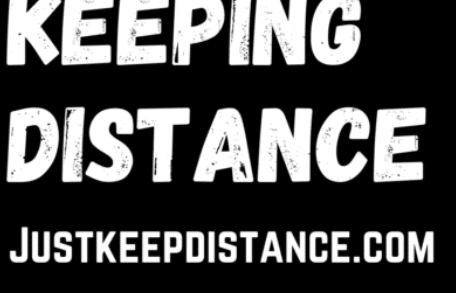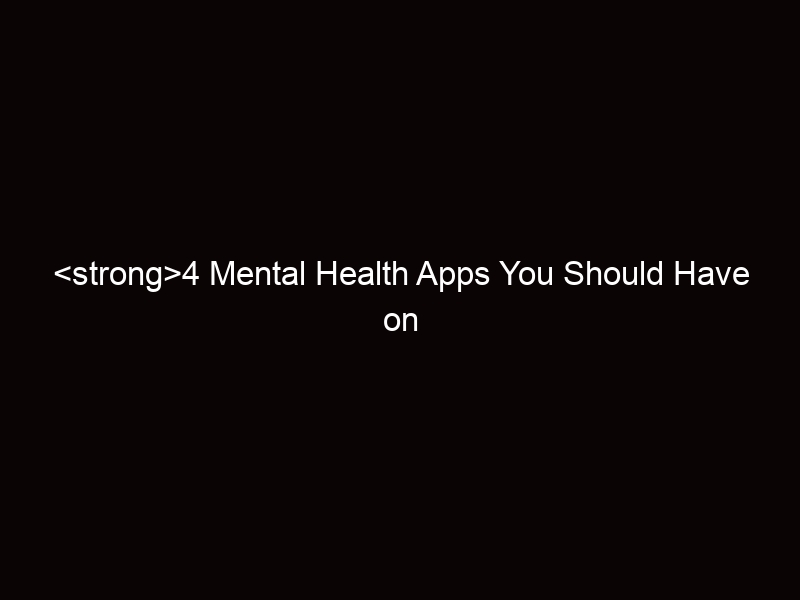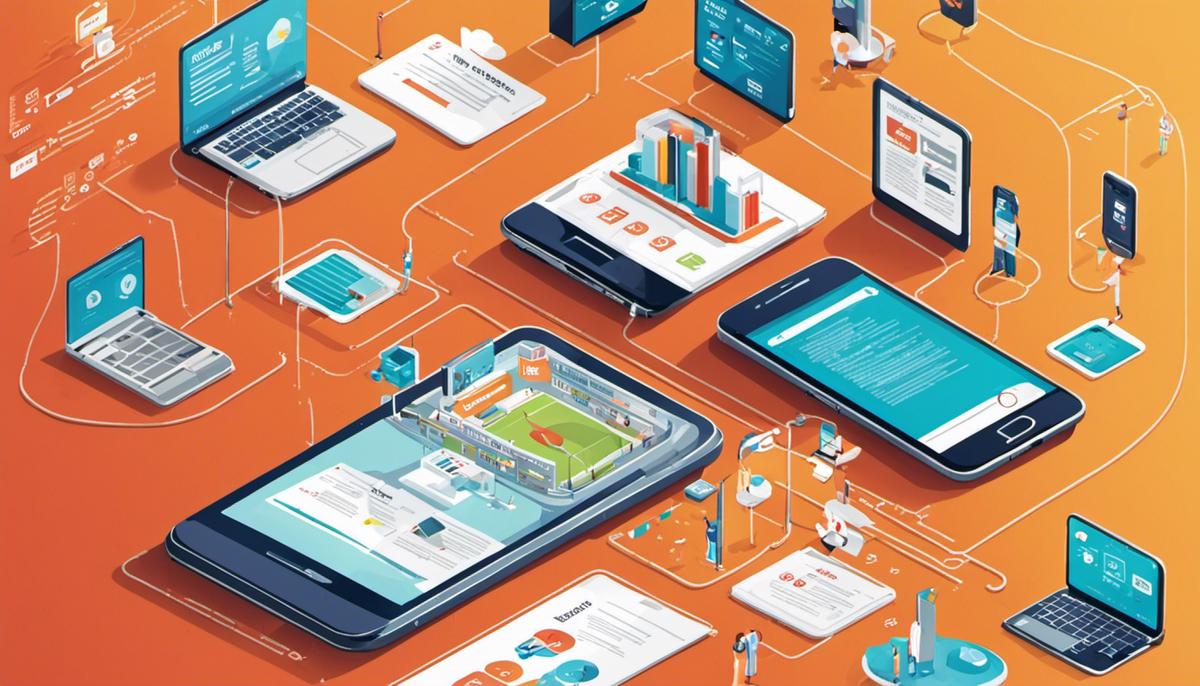4 Mental Health Apps You Should Have on Your Phone
Bereavement, a lost love, financial struggles; you name it, numerous factors threaten your mental wellbeing. However, only a few people are willing to seek professional help despite the rising mental health awareness. Apart from the stigma surrounding mental therapy, some patients lack knowledge about their condition, making it difficult to find proper treatment. While some patients won’t admit they’re sick, others don’t trust the medical systems.
Not to worry, however, mental health treatment may be more accessible than you thought. You can manage your anxiety and talk to a healthcare provider and other mental health patients for emotional support, thanks to mental wellness apps. Unlike in-person treatments, the applications reduce stigma by guaranteeing anonymity. Here are some mobile apps that help with mental wellness.
If you’ve been struggling with productivity, this is the app for you. For starters, BlockSite blocks applications and websites that hinder your concentration. The app displays its “back to work” alert whenever you click on restricted sites. Another selling point is its flexibility. BlockSite lets you choose when to view blocked sites. For example, you can restrict distracting apps from 9-5 and scroll through social media in the evening.
Since you cannot work nonstop, the “Work Mode” setting allows you to restrict sites for a particular period. For instance, you can work for 30 minutes and get a 10-minute break. You can also block apps permanently to avoid viewing them even when you’re not working. Not forgetting the “Adult Block” feature that restricts adult sites. Moreover, you can sync the app to all your devices. Just because you blocked a site on your laptop doesn’t mean it won’t distract you on your phone.
This mindfulness app contains calming exercises for Android, iOS, and desktop users. Calm has several outstanding features. The first one is “Meditations” that has categories like anxiety, relationships, stress, and focus. Each meditation takes 10-15 minutes and quiets your mind first before drawing attention to something specific. Another feature is “Sleep Stories”. From nonfiction to classics, the narrator tells different stories to soothe you to sleep.
Not mentioning the “Calm Body” section that focuses on how mindfulness relates to your body’s mechanics. Instructors take you through afternoon resets, mindful stretching, and evening relaxation exercises. Likewise, the “Calm Kids” section encourages mindfulness in children through soundscapes, lullabies, and sleep stories. “Calm Masterclass” also offers courses on parenting, happiness, and breaking negative habits. Although the masterclasses include free introductory videos, the course is only available to paid subscribers.
This app makes meditation less intimidating with its user-friendly interface. All you need to do is download the app and register for an account to enjoy the features. The first mode is “Meditate” which offers complete meditation courses and single sessions. While courses focus on specific topics like creativity, confidence, and grief, single programs help you through stressful situations such as flight anxiety. The second mode is “Sleep” which includes guided sessions for better rest. You can also take advantage of Sleepcasts, audio tours to fictional places. This goes together with the sleep radio that features hours of relaxing music and rain and ocean sounds.
Similarly, the “Move” option contains low and medium-impact exercises to improve mind-body wellness. The sessions focus on mindfulness during yoga and cardio instead of workout intensity. On the other hand, the “Focus” section provides meditation playlists to increase your concentration. In addition to lo-fi music, the playlists feature soundscapes like thunderstorms, midnight jungles, and bird songs. This application also supports social interaction. You can add your friends and relatives as buddies to see their meditation progress. You can also send motivational messages to keep your loved ones accountable.
This task-management app works like a roleplaying game. Your character advances when you accomplish tasks and suffers when you abandon your goals. By transforming your to-do list into quests, Habitica increases your productivity as you have fun. Habitica has different columns. The first one is “Habits” which represents things you wish to do or stop doing. Another column is “To Dos” which lets you list your tasks and assign deadlines.
The last column is “Dailies” which contains a single day’s tasks. Although you can play alone, the app allows socialization through guilds and parties. Parties unite users who are trying to finish a quest or destroy the boss or mini-boss. Your progress in a quest or damage to the boss depends on how many To Dos you complete. Everyone in your party suffers when you don’t complete your Dailies. On the other hand, guilds connect users with common goals. Although guilds don’t have quests, you can ask questions, participate in challenges, and stay accountable to each other.
Conclusion on these must have mental health apps
Although they keep particular conditions in check, using mental health apps with other mindfulness techniques makes them more effective. For instance, you can take nature walks, go to the gym, and embrace breathing exercises. Additionally, disengage from your devices from time to time to avoid tech dependency. What is your experience with mental health apps? Talks to us in the comments and check our blog every week for more insightful posts.


